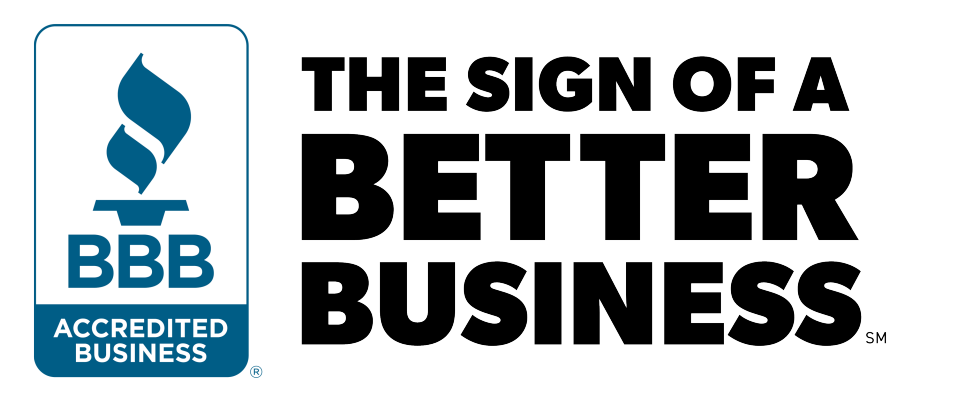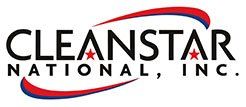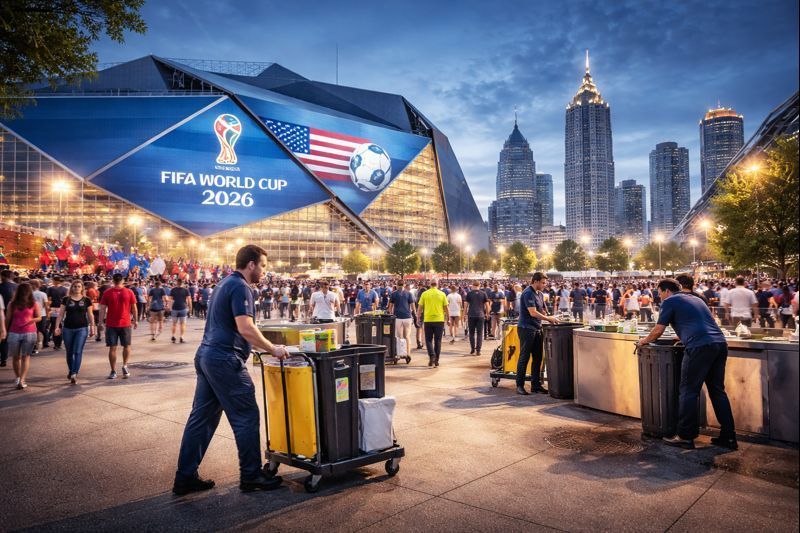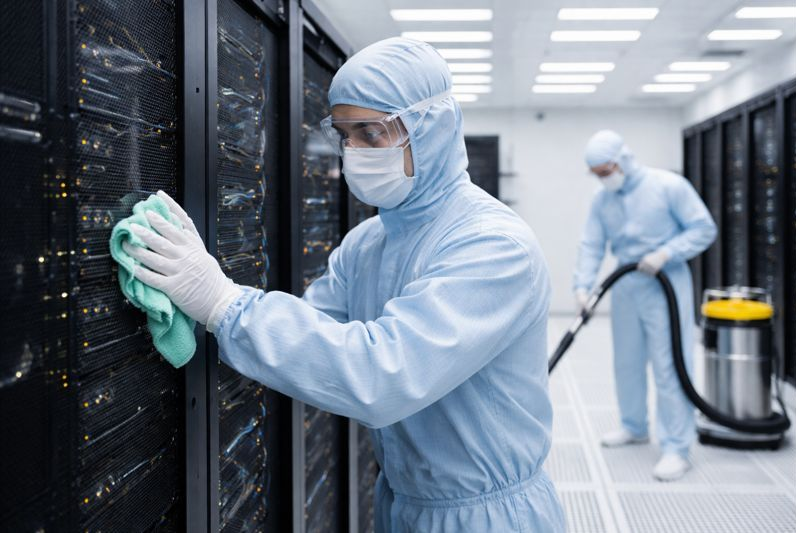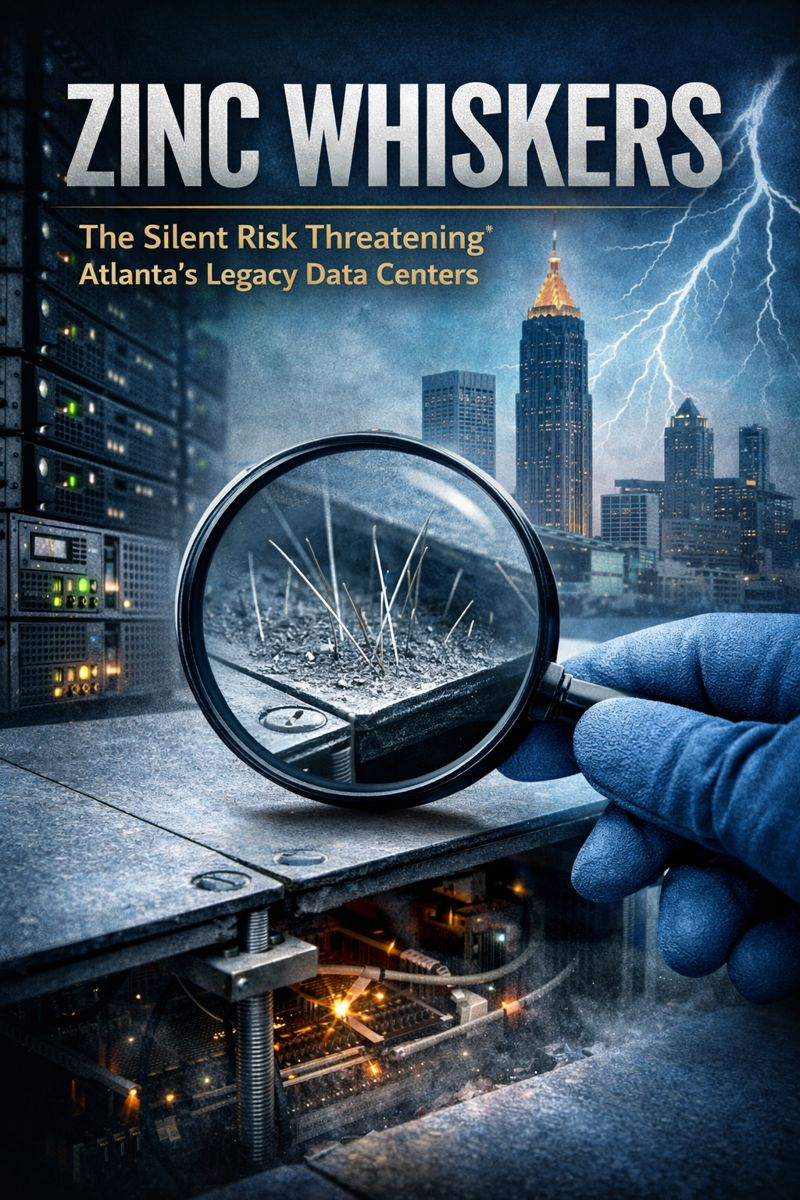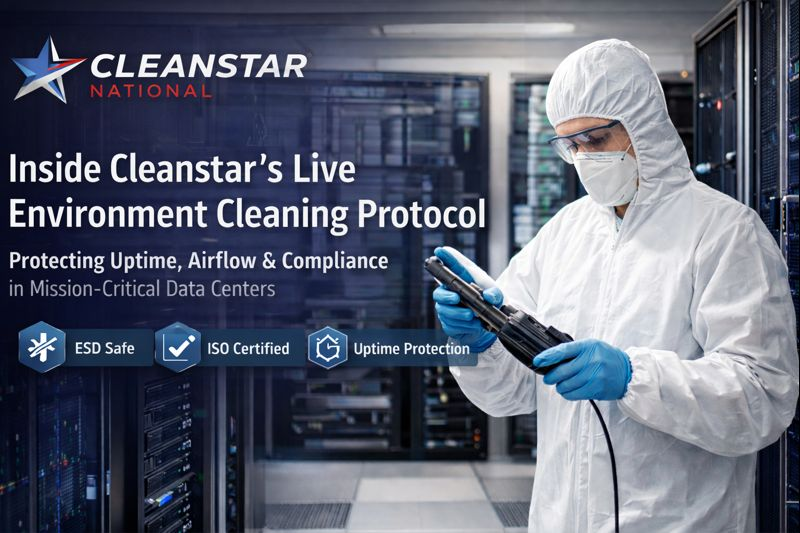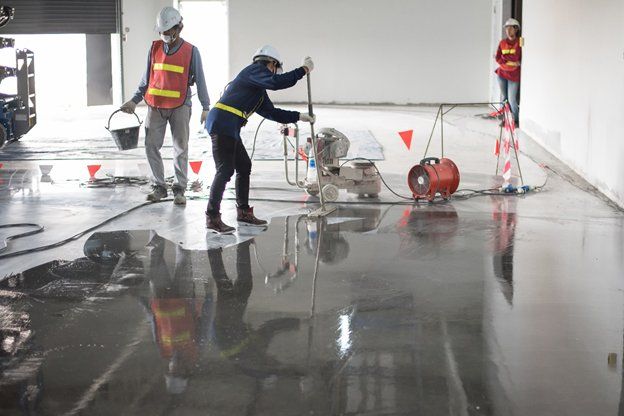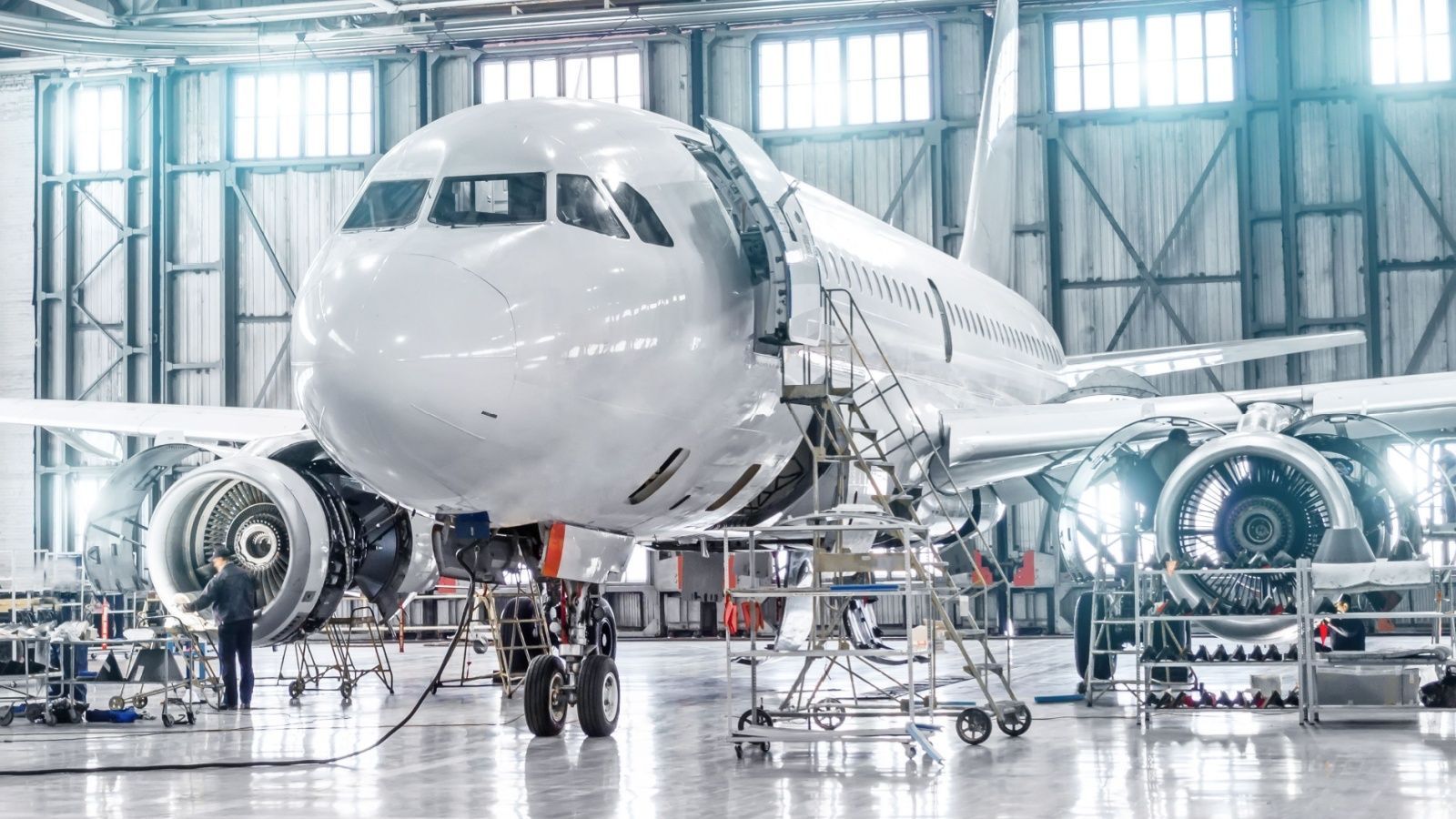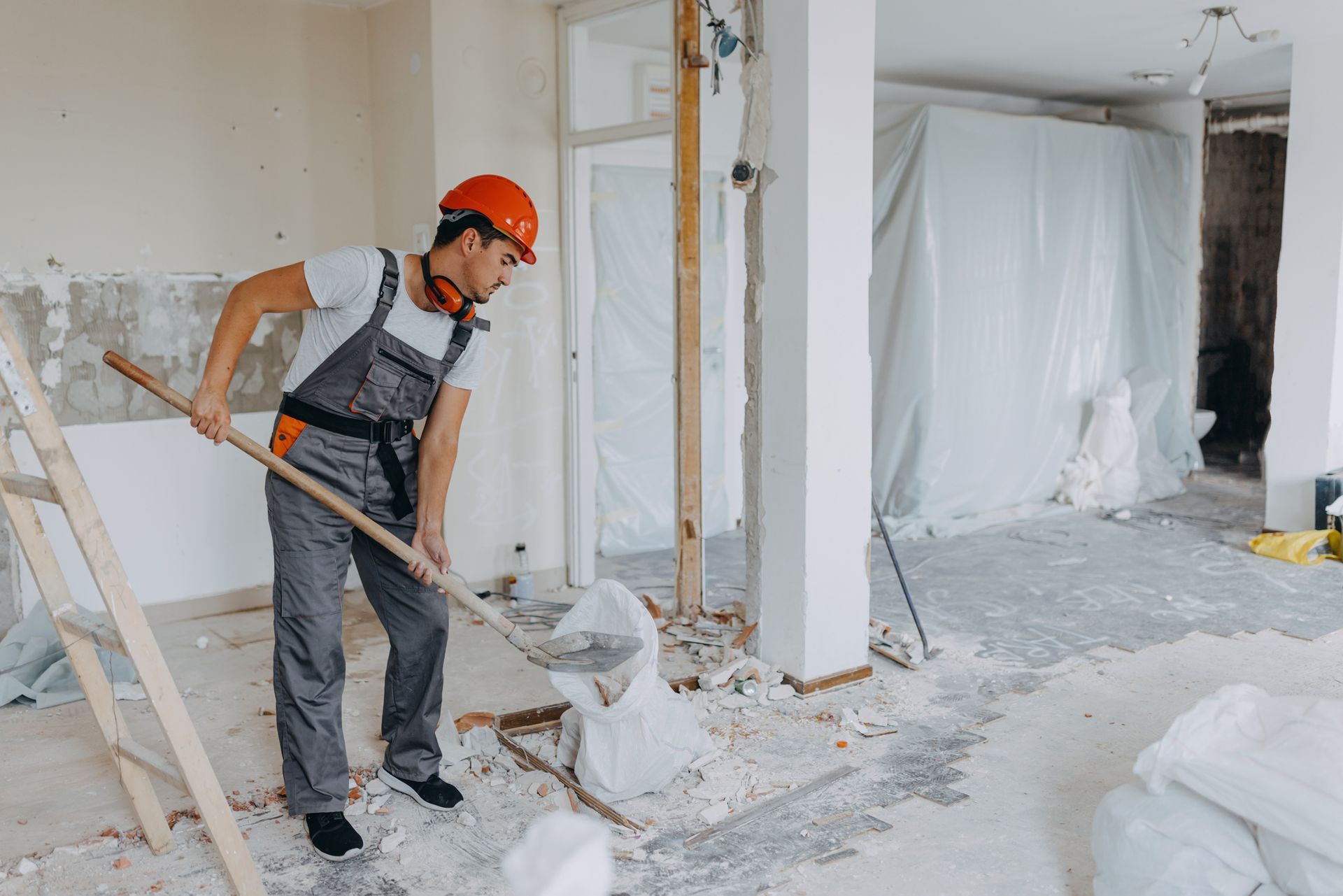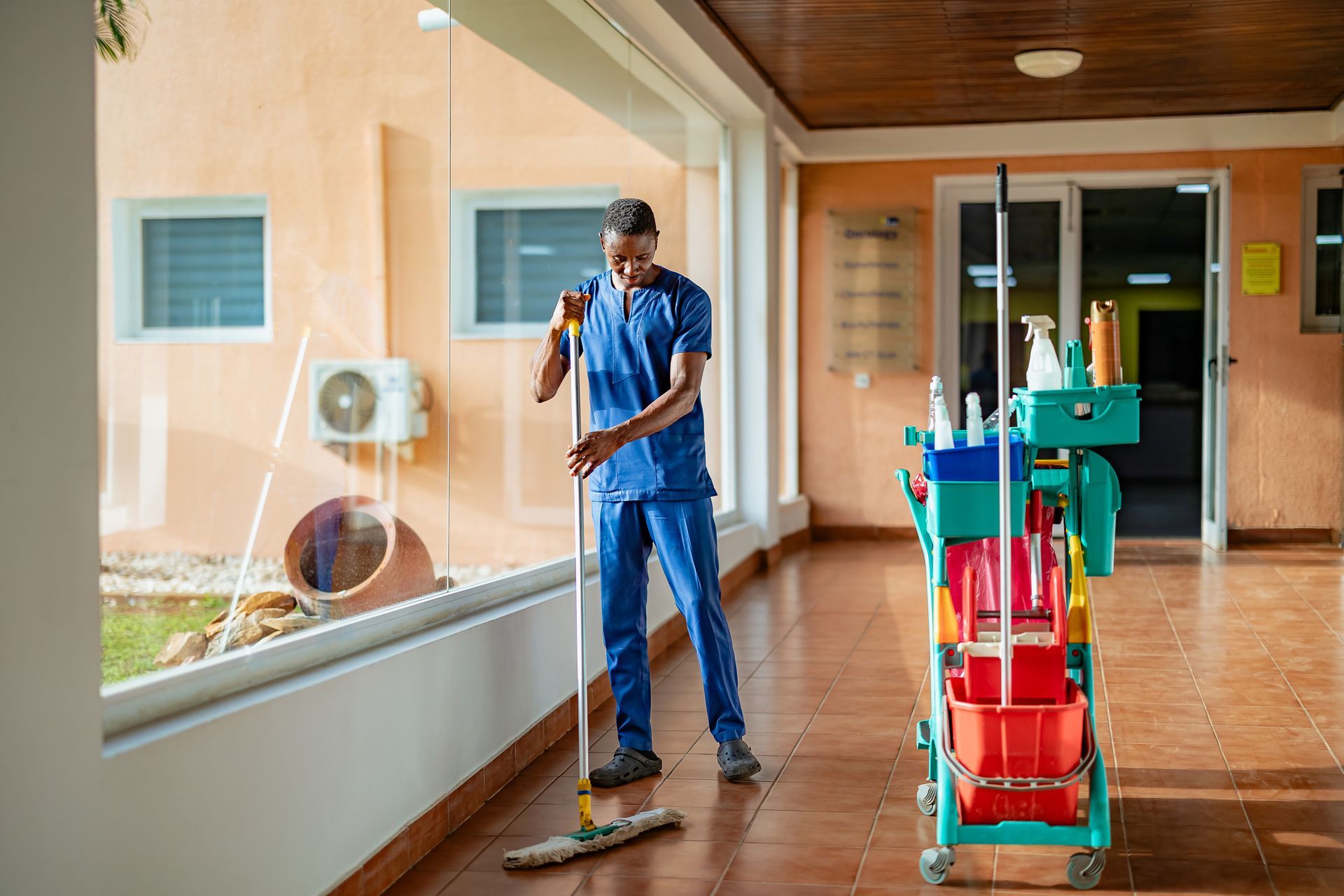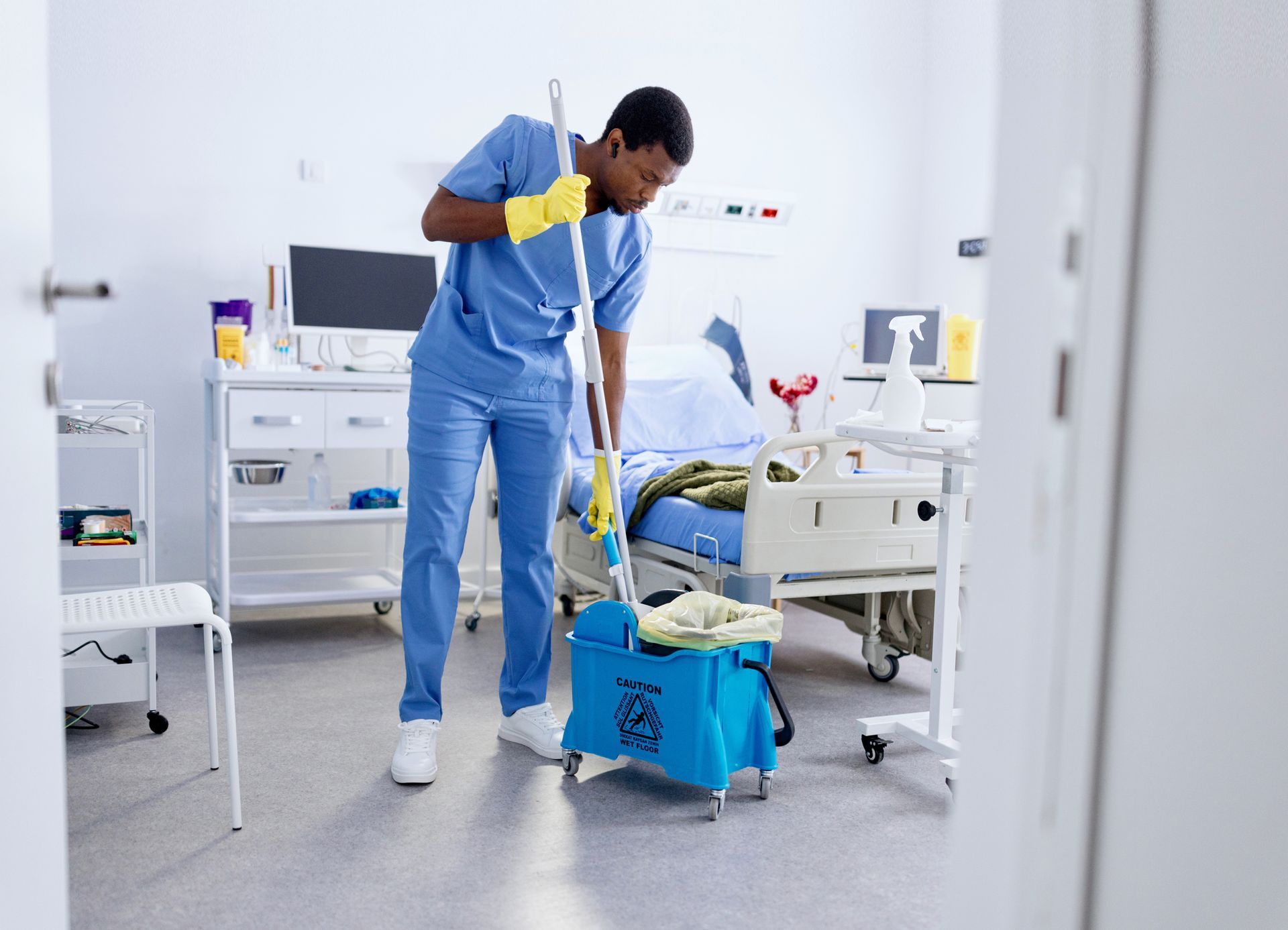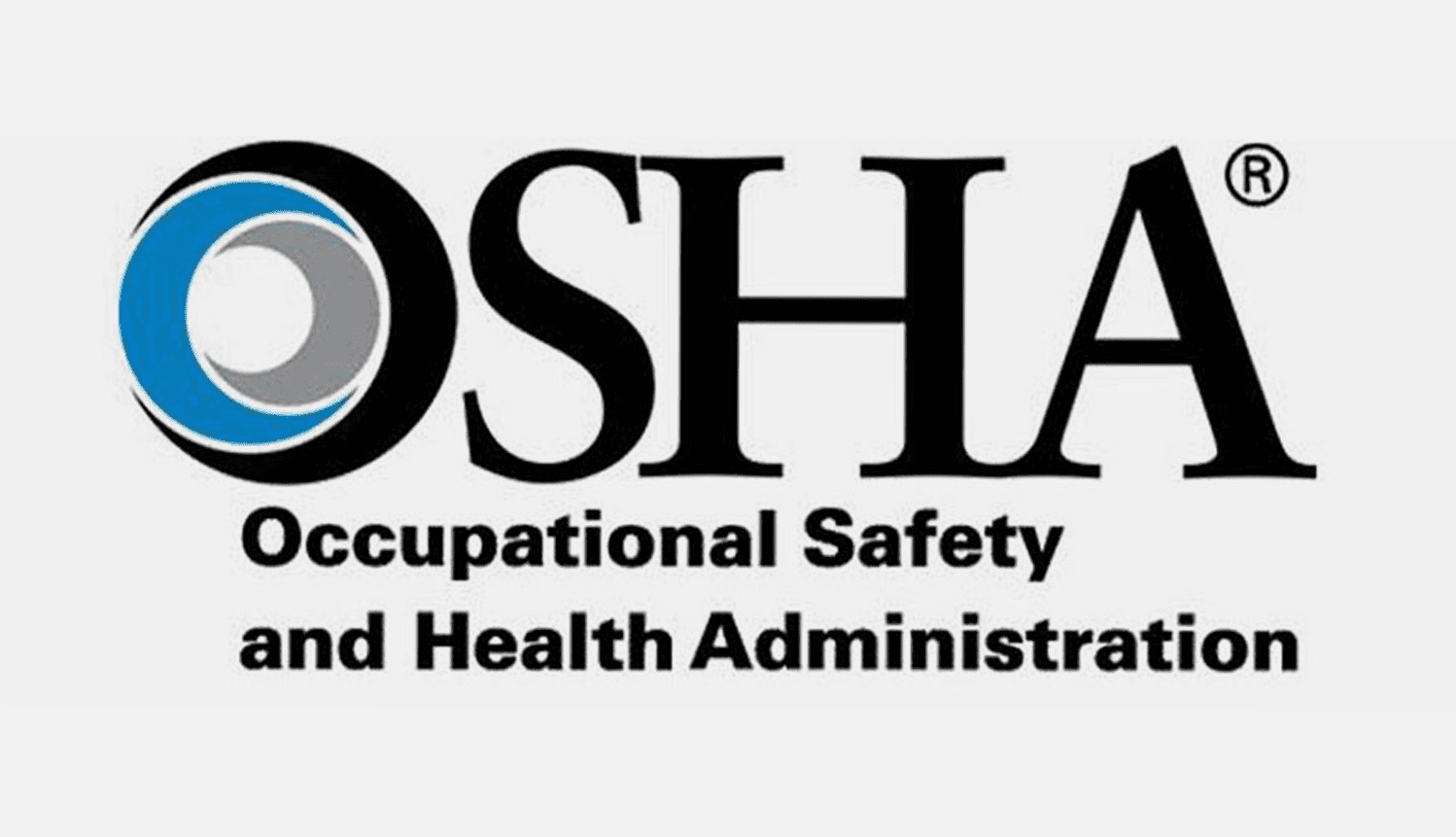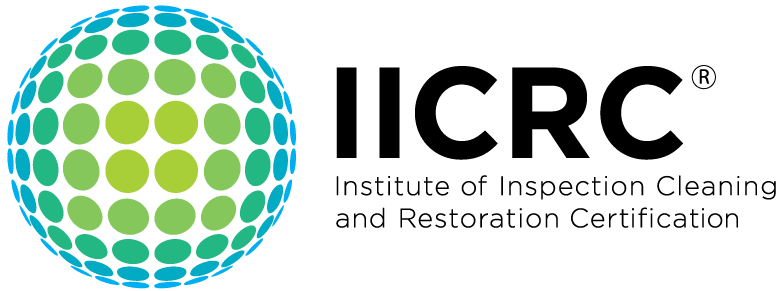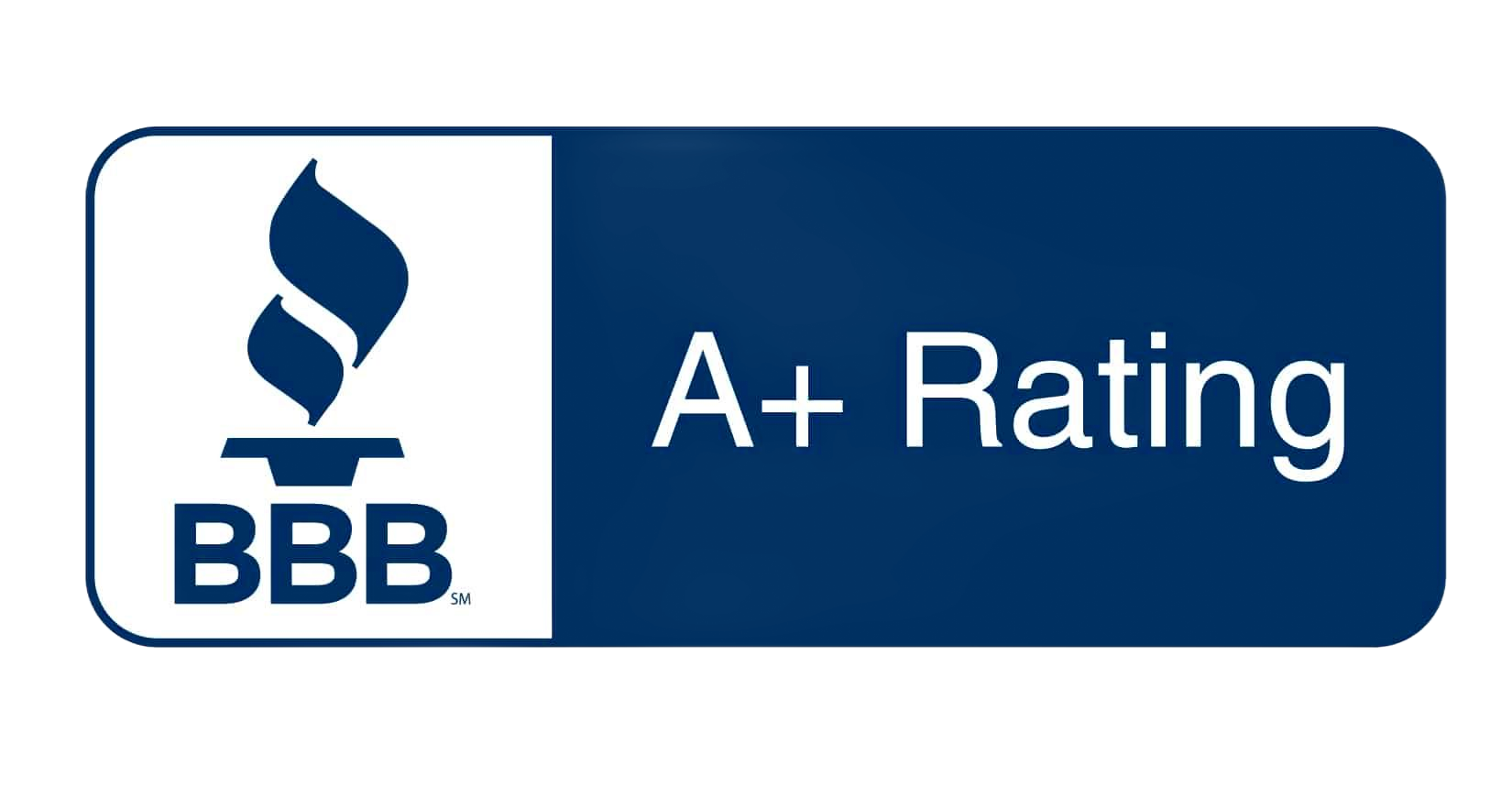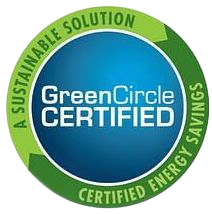FAA/TSA Compliance and Asset Protection Demand Specialized Cleaning: 3 Non-Negotiable Reasons for Your Atlanta Aviation Facility
Protecting Passengers and Profits: The Power of Continuous Presence
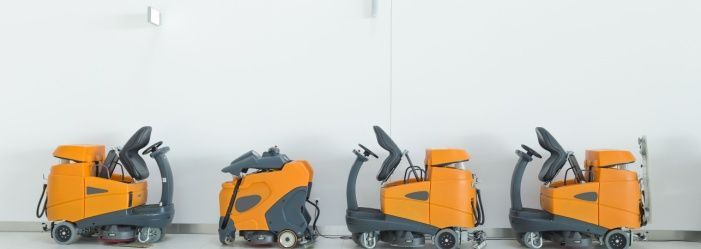
Specialized, certified cleaning is a non-negotiable requirement for all Atlanta aviation facilities because it directly ensures FAA/TSA compliance, shields multi-million dollar assets from specific contaminants, and maintains the necessary Five-Star operational environment.
For aviation leaders in Atlanta and beyond, here are the three non-negotiable reasons why partnering with specialized, certified cleaning experts is the smartest decision you can make today:
1. Shielding Your Assets: The Hangar Floor is Not a Garage Floor
Your hangar is the heart of your operation, but it's constantly threatened by hydraulic fluid, jet fuel, and oil. These contaminants don't just look messy; they create serious slip hazards and can compromise the integrity of the concrete over time.
The Problem: Standard janitorial services lack the industrial-grade equipment and specialized chemicals needed to properly emulsify and remove these aviation-specific hazards.
The Solution: We provide Hangar Floor Maintenance using proprietary, FAA-compliant degreasers and industrial scrubbers. This not only restores safety but also protects your infrastructure investment. A clean hangar is a safe, efficient, and audit-ready hangar.
See how our specialized services protect your assets in our full guide.
2. Protecting Passengers and Profits: The Power of Continuous Presence
The passenger experience begins and ends in your airport terminal. In high-traffic environments, a few hours can turn a pristine space into a health and aesthetic liability. Continuous vigilance is the only way to maintain a Five-Star passenger experience and public health standards.
The Problem: Relying only on night cleaning leaves your highest-traffic zones—restrooms, security checkpoints, and gate areas—vulnerable to mess, germs, and bad first impressions throughout the day.
The Solution: Deploy our highly trained Day Porter Services. These professionals are the proactive frontline, providing real-time management of spills, constant restroom sanitization, and light surface wipe-downs. Their presence ensures continuous hygiene and security, directly boosting passenger trust and operational flow.
3. Absolute Compliance: Certification is Your Security Blanket
In this regulated industry, compliance is non-negotiable. A cleaning mistake—using the wrong chemical on an aircraft surface or failing to meet TSA security protocols in an office—can have catastrophic consequences, from regulatory fines to critical asset damage.
The Problem: General cleaning companies can't guarantee adherence to the stringent rules of the FAA and TSA because they simply aren't trained for them.
The Solution: Partner with a proven authority. Our firm is IICRC-certified and every technician is rigorously trained in aviation protocols and high-security clearances. When you choose us, you are choosing certified, documented, regulated environment services that guarantee audit-readiness for your entire facility.
Ready for Liftoff?
Don't settle for "clean enough." Your aviation operations demand a partner with the expertise, certification, and local responsiveness to meet mission-critical standards. We are the trusted authority in Technical Aerospace, Airlines, and Airport Cleaning Solutions for the Atlanta Metro area.
Take the next step toward guaranteed compliance and operational excellence.
Request a Complimentary, Customized Quote Today!
Critical Compliance & Maintenance FAQs for Your Atlanta Aerospace Facility
Is standard janitorial service sufficient for a hangar?
No. Standard services lack the industrial-grade chemicals and equipment needed to safely and effectively emulsify jet fuel, hydraulic fluids, and other aviation-specific contaminants that compromise concrete and create slip hazards.
How do Day Porters help with security?
Our certified Day Porters provide continuous presence in regulated areas, ensuring constant vigilance over security checkpoints and high-traffic zones as required by TSA protocols, which goes beyond standard night cleaning schedules.
What chemical approval process must cleaning products follow?
Cleaning agents must conform to standards like AMS (Aeronautical Material Specifications), as recommended by aircraft manufacturers. The FAA defers to these OEM/industry standards for chemical safety on aircraft surfaces, especially concerning corrosion and acrylic components.
Is cleaning documentation required for FAA inspections?
Yes, especially for Part 121/135 operations. Any cleaning task defined as preventive maintenance under 14 CFR Part 43 (such as covering static ports or post-wash lubrication) must be documented in the aircraft logbook by an A&P mechanic or authorized personnel.
What makes IICRC certification relevant to aviation?
While the IICRC is not an aviation body, its standards (like S400 for Commercial Built Environment) ensure technicians use evidence-based, safe procedures for things like advanced decontamination and material science, which aligns with the precision required in aerospace settings.
